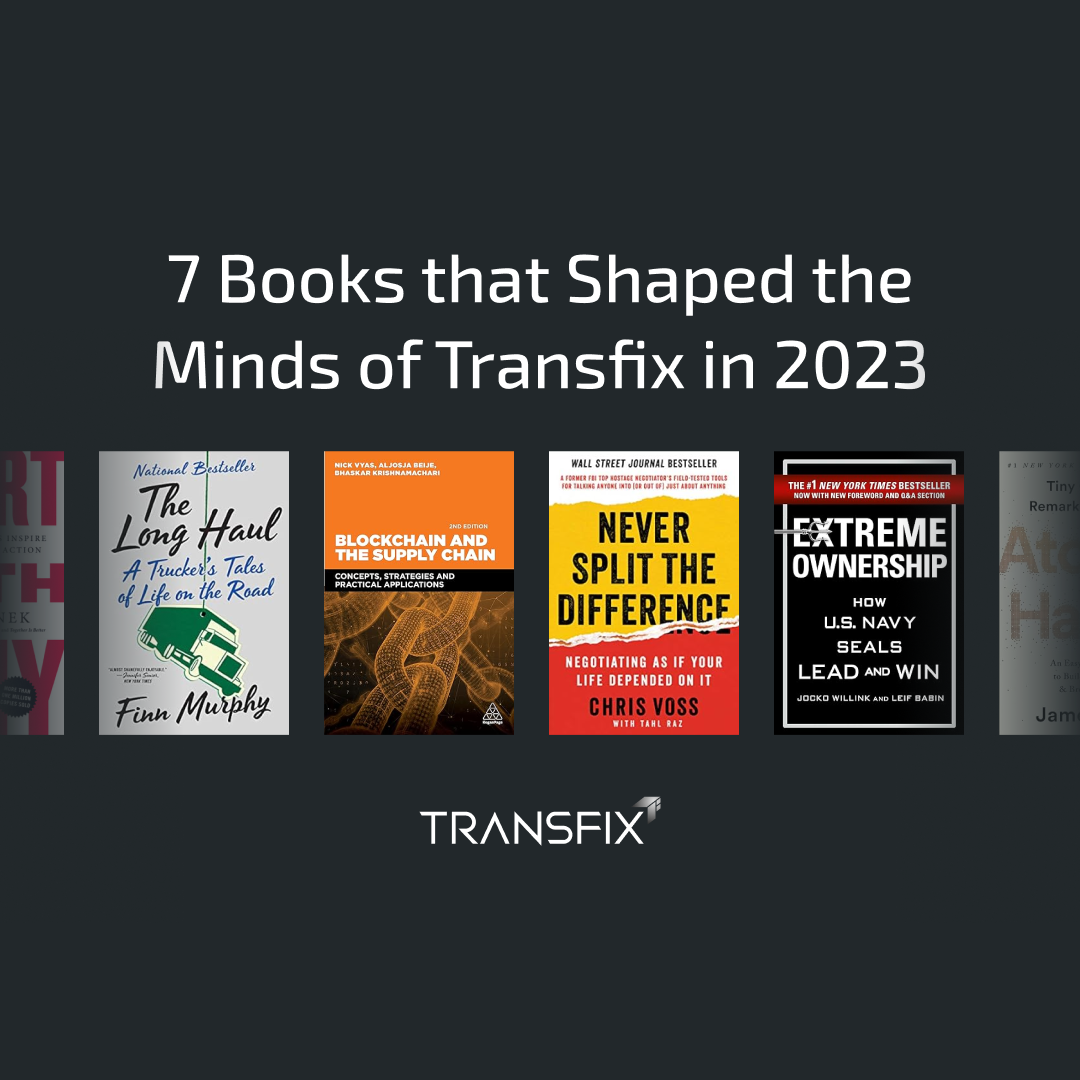In February, Joe North, Director of Network Strategy at Transfix, offered a thought-provoking webinar that went beyond the conventional discussions on freight logistics, given the current low-rate environment and impending market rebalance. If you missed it, check out the playback video below and review our takeaways.
1. On Becoming a Carrier-Led Partner for Shippers
In order to truly understand the market, North emphasizes the importance of understanding how carriers work and what matters to them, not only to support them, but also bridge that gap of understanding with the shippers. There are varying economic factors – head and tailwinds – that have an impact on carriers and their drivers. Since July of last year, we've seen record numbers of revocations, meaning carriers that have either gone out of business, filed for bankruptcy or just have let their authorities go inactive.
Other challenges carriers face: increased insurance premiums, labor wages, cost of equipment and parts, and nuclear verdicts in the marketplace. All of these factors are pushing carrier costs up. When the freight market was in high demand, the carriers could afford these costs, but today marks a different story. As a carrier-led brokerage, we have to support carriers by bridging the gap between some of the service offerings that are expected and what we see in the open market.
2. How Shippers Can Help Mitigate Impact of Carrier Exodus
Since late ‘22, we've been in a trucking downturn, and the typical cycle is about 18 months. With rates at historic lows, carriers are seeing a drain on balance sheets and cannot afford to make payments, which will push more carriers out of the market. Carriers face tough decisions: Do I sell to somebody? Do I go out of business? The best way to insulate yourself as a shipper is to double down on relationships; make sure you understand the carrier's perspective by communicating with your providers, so you can talk through these issues before it reaches an inflection point. Shippers should really take a look at the providers they have and observe the value they add to their network outside of rates.
Imagine a carrier coming to you and saying: “I'm struggling. I want to service this set of business for you, but these rates aren't sustainable for my costs. If you want me to continue to service this lane, I can, but these are the challenges I'm up against.” Because of the trust you’ve built with this carrier, you can get creative. It’s not always about offering higher rates. Transfix can get involved to help the carrier find a better insurance provider or even some fuel discounts.
3. How to Know if a Network Analysis Would Be Useful
Ask yourself as a shipper: “Am I confident in the service I'm going to receive on day one of a bid going live?” If you have strategized prior to that go-live day, then you'll have a much better indication of what kind of day – and overall service – you’re going to have.
In a network analysis, North is a big proponent of making sure that shippers and carriers are doing what works for their network and reflecting on what they’re good at and what areas need work. If it’s that same lane every year that gives you a headache – the one with increasing rates that forces you to keep burning through carriers and face questions from the C-suite, this is where data comes in. For example, we can show shippers average dwell times per facility, how many times loads were rejected, and other data points that aren’t always quantifiable when looking at an RFP spreadsheet.
If you’re a shipper or carrier and want to learn more about building a better network strategy, email joenorth@transfix.io.


![[Webinar Recap] Diesel Download: A 2024 Outlook to Prepare for a Volatile Year Ahead](https://transfix.io/hubfs/iStock-1392574169.jpg)

